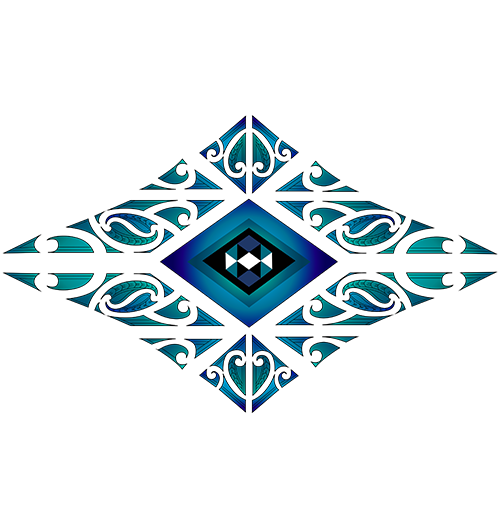
Kia ora, nau mai haere mai
Five new mātāpono-based unit standards have been developed to recognise the skills and knowledge that ākonga may already have.
These unit standards are named Te Iti a Taranga which represent some of the qualities characterised in Taranga's son Mauī and his four brothers. They are categorised into five mātāpono: manaakitanga, wairuatanga, rangatiratanga, pūkengatanga and whanaungatanga.
These standards are different from the other standards in the Field Māori section. They don't have set contexts so can be used across a range of contexts and kaupapa, including activities and work outside of school.
Level: 3
Credits: 5
Booklets and assessment guidelines
Download the relevant Ākonga booklets in reo Māori or English, kaiako (assessor) booklets and assessment guidelines for Kaupae 3 (Level 3), credits 5.
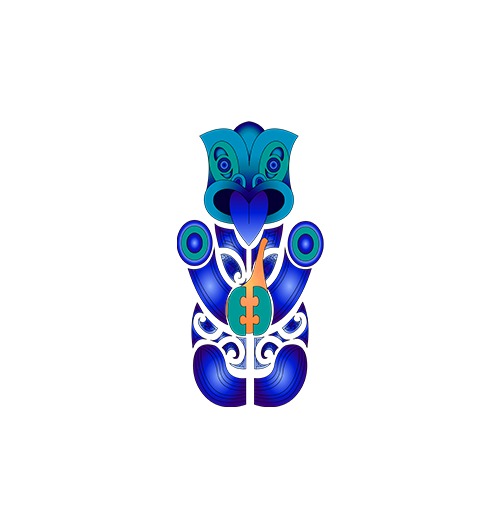
32181 - Demonstrate knowledge and expressions of whanaungatanga
Find the assessment support materials for the following standard below:
Ākonga booklet in reo Māori
32181 - Reo Māori version - Te Iti a Taranga unit standard: Pukapuka ākonga [PDF, 1.4 MB]
Ākonga booklet in English
32181 - English version - Te Iti a Taranga unit standard: Ākonga booklet [PDF, 1.8 MB]
Kaiako booklet and assessment guidelines
32181 - Te Iti a Taranga unit standard: Kaiako booklet [PDF, 2.2 MB]
32181 - Te Iti a Taranga unit standard: Assessment guidelines [PDF, 465 KB]
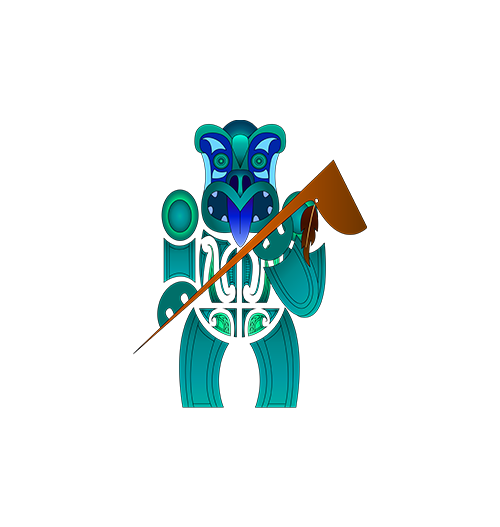
32182 - Demonstrate knowledge and expressions of pūkengatanga
Find the assessment support materials for the following standard below:
32182 - Demonstrate knowledge and expressions of pūkengatanga - Level 3 - 5 Credits (external link)
Ākonga booklet in reo Māori
32182 - Te Iti a Taranga unit standard: Pukapuka ākonga [PDF, 1.3 MB]
Ākonga booklet in English
32182 - Te Iti a Taranga unit standard: Ākonga booklet [PDF, 1.6 MB]
Kaiako booklet and assessment guidelines
32182 - Te Iti a Taranga unit standard: Kaiako booklet [PDF, 1.7 MB]
32182 - Te Iti a Taranga unit standard: Assessment guidelines [PDF, 376 KB]
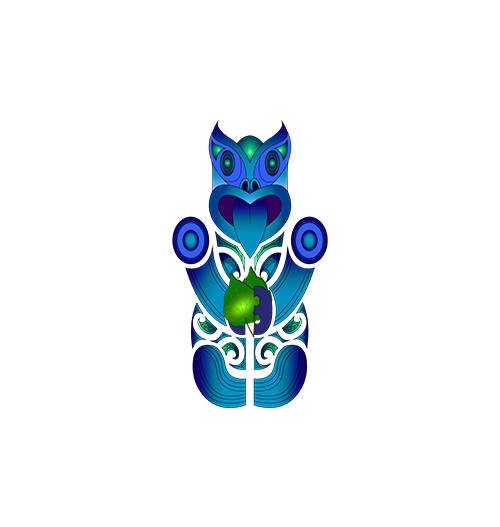
32183 - Demonstrate knowledge and expressions of wairuatanga
Find the assessment support materials for the following standard below:
32183 - Demonstrate knowledge and expressions of wairuatanga - Level 3 - 5 Credits (external link)
Ākonga booklet in reo Māori
32183 - Te Iti a Taranga unit standard: Pukapuka ākonga [PDF, 1.5 MB]
Ākonga booklet in English
32183 - Te Iti a Taranga unit standard: Ākonga booklet [PDF, 1.6 MB]
Kaiako booklet and assessment guidelines
32183 - Te Iti a Taranga unit standard: Kaiako booklet [PDF, 1.8 MB]
32183 - Te Iti a Taranga unit standard: Assessment guidelines [PDF, 463 KB]
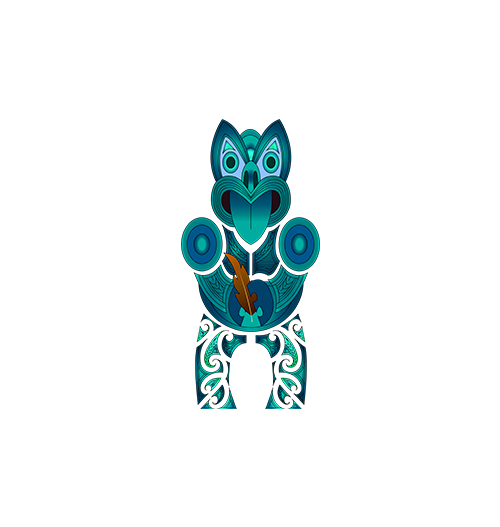
32184 - Demonstrate knowledge and expressions of rangatiratanga
Find the assessment support materials for the following standard below:
Ākonga booklet in reo Māori
32184 - Te Iti a Taranga unit standard: Pukapuka ākonga [PDF, 1.6 MB]
Ākonga booklet in English
32184 - Te Iti a Taranga unit standard: Ākonga booklet [PDF, 1.5 MB]
Kaiako booklet and assessment guidelines
32184 - Te Iti a Taranga unit standard: Kaiako booklet [PDF, 2 MB]
32184 - Te Iti a Taranga unit standard: Assessment guidelines [PDF, 398 KB]
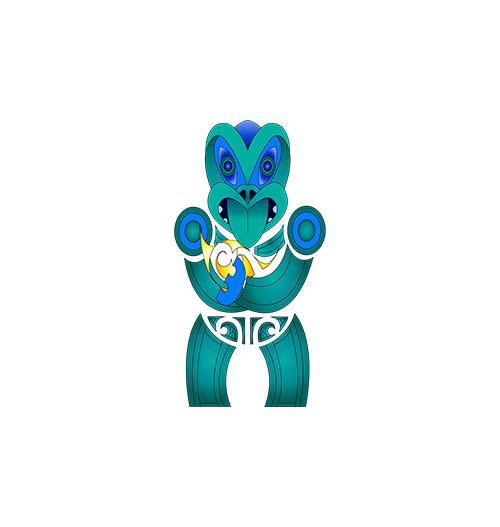
32185 - Demonstrate knowledge and expressions of manaakitanga
Find the assessment support materials for the following standard below:
32185 - Demonstrate knowledge and expressions of manaakitanga - Level 3 - 5 Credits (external link)
Ākonga booklet in reo Māori
32185 - Te Iti a Taranga unit standard: Pukapuka ākonga [PDF, 1.6 MB]
Ākonga booklet in English
32185 - Te Iti a Taranga unit standard: Ākonga booklet [PDF, 1.5 MB]
Kaiako booklet and assessment guidelines
32185 - Te Iti a Taranga unit standard: Kaiako booklet [PDF, 1.5 MB]
32185 - Te Iti a Taranga unit standard: Assessment guidelines [PDF, 396 KB]
Assessment of distance learning - general guidance
Guidelines and assessment support material for kaiako
Kaiako can facilitate the assessment of distance learning against these internal standards with guidance. Assessment Guidelines and Assessment Support Material are provided for Kaiako to create assessment tasks and gather evidence required for each standard.
The Assessment Support Materials contain assessor checklists and kaiako assessment schedules where relevant.
Access and equity
For assessment purposes, the assessor will need to consider issues around access and equity for some ākonga.
Ākonga may need a camera and or phone and the internet to upload recorded evidence to a platform for the assessor to access.
These standards are ideal for the assessment of distance learning, where ākonga can submit written and visual evidence through digital platforms such as google docs or record and discuss live via ZOOM (or similar platform) to assessor.
Ensuring authenticity
The assessor would need to ensure a range of strategies are in place to ensure the authenticity of the work is completed e.g. the referencing of all research material, relevant checklists (see Assessment Support Material.
Research requirements are ideal for the assessment of distance learning, where ākonga could submit written and/or visual evidence through digital platforms such as google docs or record and discuss live via ZOOM (or similar platform) to assessor.

